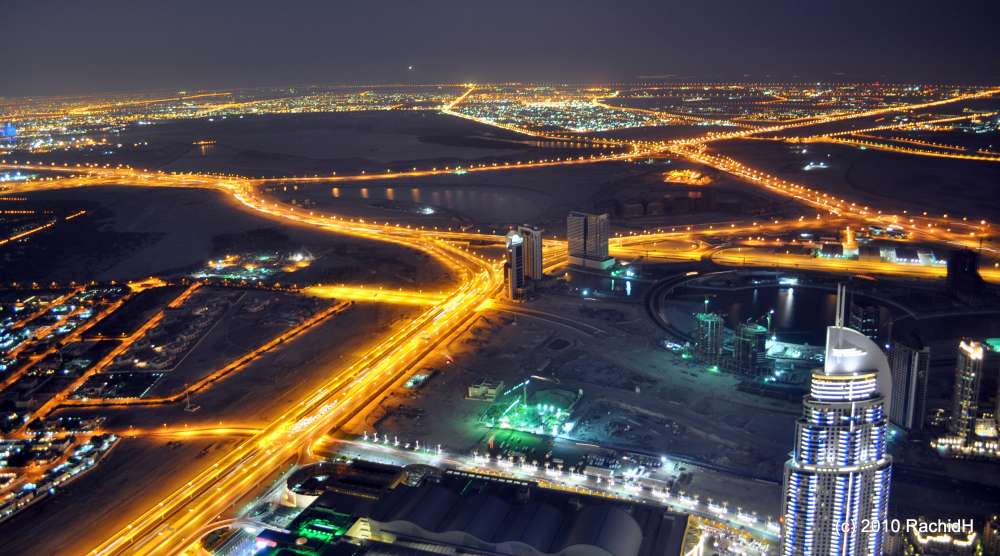Regional Connectivity in Asia: New Avenues for EU-India Partnership

Executive Summary
Promoting a rules-based, multilateral global order is a central goal of the EU global strategy on foreign and security policy, 2016. However, with the global shift of power towards Asia, the established multilateral system and international organizations are under increasing pressure. China is at the center of this challenge. Beijing-led multilateral arrangements have economic and geopolitical implications for Europe and India alike: they threaten Europe’s centrality in the Eurasian neighborhood and markets, and could posit China as the primary actor in India’s near neighborhood. And yet neither partner has found an effective approach to deal with these challenges. Looking closely at regional connectivity projects including the Belt and Road initiative (OBOR), this policy brief argues that they present similar opportunities and challenges for the EU and India alike. By building on these convergences, the two can revive their flagging strategic partnership and gain greater influence in shaping the regional order in Asia.
Policy Recommendations
- Promoting multilateralism: The EU needs to develop a strategy for proactively engaging with new multilateral arrangements in Asia. To do so, it must utilize its strategic partnership with India more effectively, focusing especially on the emerging regional governance architecture in Asia.
- Coordinating positions: Common concerns on initiatives like OBOR offer new opportunities for deepening EU-India cooperation. Building on these strategic and normative convergences, European member states and India can develop coordinated positions in platforms such as the Asian Infrastructure Bank (AIIB), which will be used to fund OBOR projects. Similar strategy can be deployed when the New Development Bank (NDB) starts accepting members in 2017. However, this would require the EU to first develop a coordinated position among member states on dealing with new institutions.
- Regional connectivity beyond OBOR: India is in the process of articulating its position on regional connectivity and integration, which in rhetoric at least it is similar to the EU’s vision. As India pushes for connectivity and infrastructure development within South Asia and with Southeast and East Asia, the EU can play a role through investments and capacity building to support regional integration. There is also significant scope for infrastructure development within India. While partners like Japan have used this opportunity to deepen their strategic partnership with India, the EU is yet to capitalize on it. Given rapid urbanization and initiatives like ‘Make in India’ which presuppose quality and resilient infrastructure, the EU can play an important role and increase its visibility in India by investing in infrastructure development and linking to initiatives like Smart Cities.
…
The full paper is available for download.
The policy paper was produced as a collaboration between GPPi and Carnegie India as part of the EU-India Policy Dialogues On Global Governance & Security.







